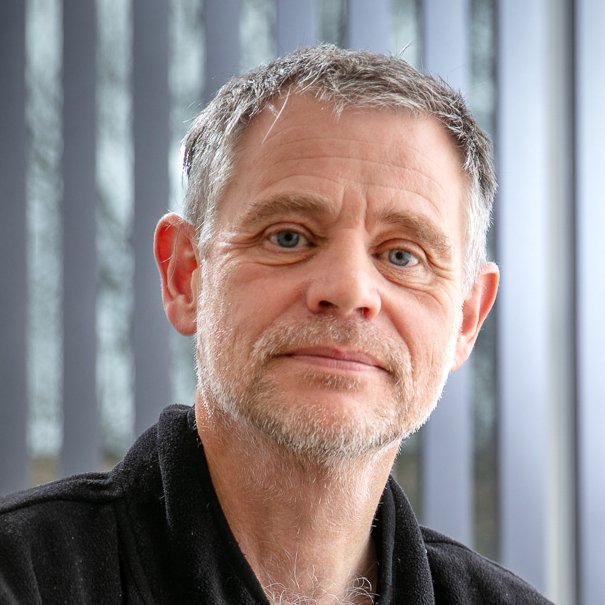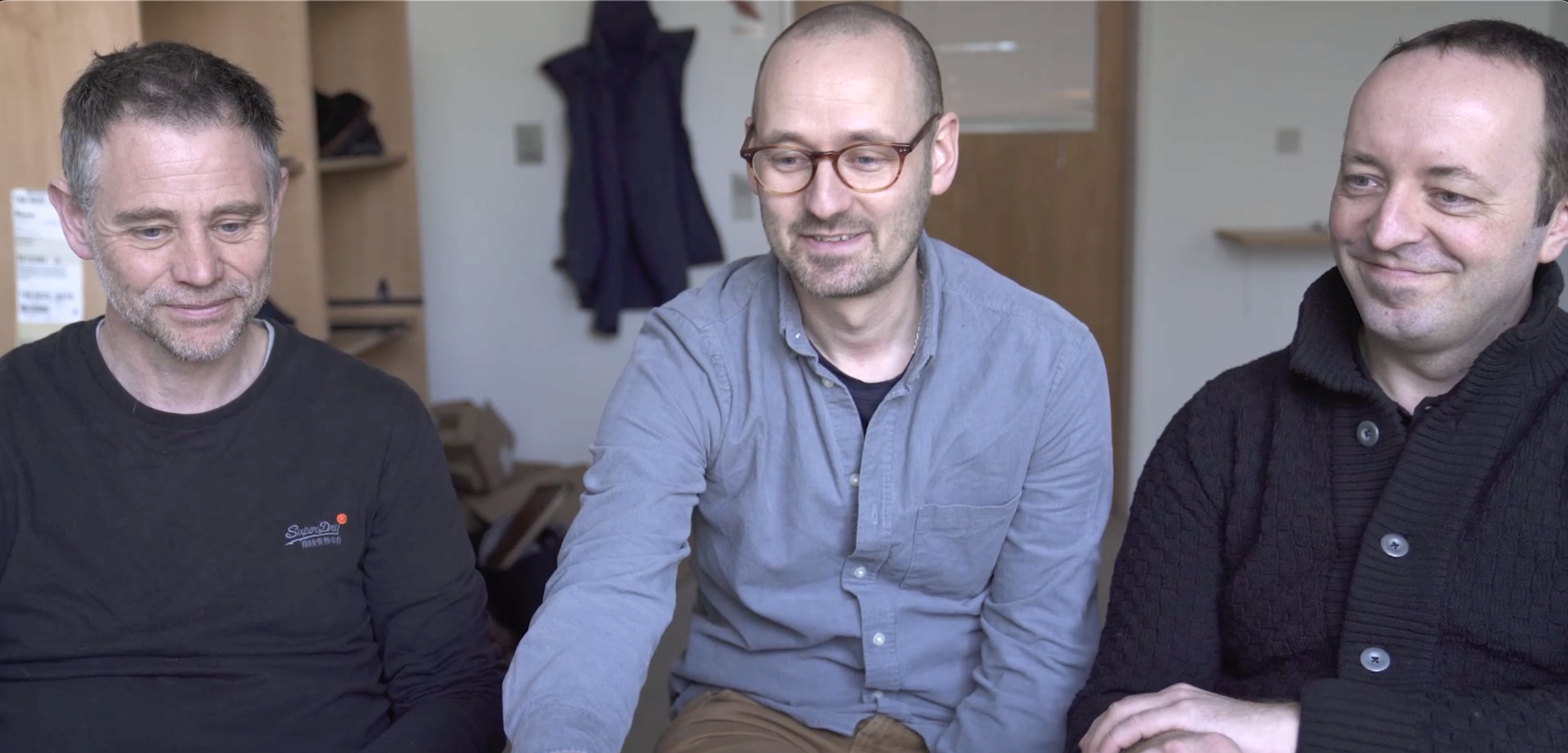The BALDER project (2021-2023) aimed to develop a novel statistical software package that can help researchers identify new biomarkers and drug targets using already existing genomic data from Type 2 Diabetes Mellitus patients.
The team developed a mathematical approach called Multi-Trait Bayesian Linear Regression and implemented it into a software package. This package allows users to input genes of interest and apply various filters tailored to their needs. It assists users in interpreting existing data, revealing new connections, and identifying potential biomarkers and drug targets.
In the BALDER project, the team has taken advantage of the vast amount of genetic data from Type 2 Diabetes Mellitus patients that is already out there. These data has been used as a case study to demonstrate the usefulness of the software package. However, researchers can use the software for basically any disease of interest.
On this page you can can watch a video recorded at the beginning of the project. You can also read an article on the output of the project and you can find lists of project participants and articles published by the BALDER team.
THE BALDER TEAM
Academic team members
- Peter Sørensen, Senior Scientist, Aarhus University
- Mads Fuglsang Kjølby, Assoc. Professor, Aarhus University
- Palle Duun Rohde, Assoc. Professor, Aalborg University
- Emily Somohardjo
- Astrid Johannesson Hjelholt
- Tahereh Gholipourshahraki
- Zhonghao Bai
- Merina Shrestha
Industrial team member
- Joanna Howson, Novo Nordisk Reseearch Center
- Sile Hu, Novo Nordisk Reseearch Center
ARTICLES FROM THE BALDER PROJECT
- Rohde PD et al. 2023. Expanded utility of the R package qgg with applications within genomic medicine. Bioinformatics 39:11. doi: https://doi.org/10.1101/2022.09.03.506466
- Bai Z, Gholipourshahraki T, Shrestha M, Hjelholt A, Rohde P, Kjolby M, Sørensen P. Evaluation of Bayesian Linear Regression Derived Gene Set Test Methods. doi: https://doi.org/10.1101/2024.02.23.581726
- Gholipourshahraki T, Bai Z, Shrestha M, Hjelholt A, Rohde P, Kjolby M, Sørensen P. Evaluation of Bayesian Linear Regression Models for Gene Set Prioritization in Complex Diseases. doi: https://doi.org/10.1101/2024.02.23.581718
- Shrestha M, Bai Z, Gholipourshahraki T, Hjelholt A, Rohde P, Kjolby M, Sørensen P. Evaluation of Bayesian Linear Regression Models as a Fine Mapping Tool. doi: https://doi.org/10.1101/2022.09.03.506466
- Kunkel D, Sørensen P, Shankar V, Morgante F. Improving polygenic prediction from summary data by learning patterns of effect sharing across multiple phenotypes. doi.org/10.1101/2024.05.06.592745

ABOUT ODIN
We unite bright minds from industry and academia to jointly create need-driven clinical research projects - and pave the way for innovative new treatments and diagnostics. We fund the best project ideas through competitive funding calls. Although companies cannot receive funding, it is free of charge to join.
The platform is sponsored by the Novo Nordisk Foundation with 180 million DKK from 2024-2029.
CONTACT ODIN
You are welcome to contact us if you have questions or comments. Reach out to odin@au.dk or find the Secretariat's direct email addresses under contacts.
Although the platform spans five Danish universities, we're based in Aarhus. Our office is located at Aarhus University, Ny Munkegade 116, Bldg 1535-117.


